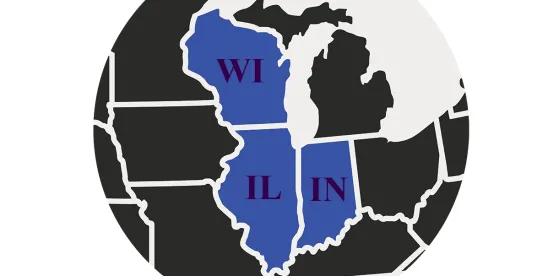Mussat v. IQVIA, Inc., 953 F.3d 441 (7th Cir. 2020)
Seventh Circuit rules that Bristol-Myers does not apply to a putative class action asserting federal claims.
This case involved a putative class action under the Telephone Consumer Protection Act. After receiving two unsolicited faxes from a Delaware defendant headquartered in Pennsylvania, plaintiff asserted claims on a nationwide basis “on behalf of itself and all other persons in the country who had received similar junk faxes from [the defendant] in the four previous years.” The district court granted the defendant’s motion to strike the class definition on grounds that the court lacked personal jurisdiction as to nonresident members of the proposed class under Bristol-Myers Squibb Co. v. Superior Court, 137 S. Ct. 1773 (2017). The Seventh Circuit reversed, holding that Bristol-Myers does not apply to federal claims asserted as part of a nationwide class.
The panel began by noting that, before Bristol-Myers, “there was a general consensus that due process principles did not prohibit a plaintiff from seeking to represent a nationwide class in federal court, even if the federal court did not have general jurisdiction over the defendant.” Reasoning that class actions “are different from many other types of aggregate litigation,” and that the “absent class members are not full parties to the case for many purposes,” the panel believed there was no “reason why personal jurisdiction should be treated any differently from subject-matter jurisdiction and venue: the named representatives must be able to demonstrate either general or specific personal jurisdiction, but the unnamed class members are not required to do so,” at least for claims asserted under a federal statute.
Joiner v. SVM Management, LLC, 2020 IL 124671
Illinois Supreme Court reaffirms that a class action is mooted by a tender of full relief before a motion for class certification, even when the plaintiff rejects the tender.
The Illinois Supreme Court reaffirmed its previous decisions holding that a class action is moot when there is a tender of full relief before class certification. The Court chose to revisit these decisions based on the United States Supreme Court’s decision in Campbell-Ewald Co. v. Gomez, 136 S. Ct. 663 (2016), which held a rejected settlement offer under Fed. R. Civ. P. 68 would not moot a class action lawsuit. The Illinois Supreme Court upheld its prior decisions by distinguishing between a “tender” under 735 ILCS 5/5-126 and an offer of judgment under Fed. R. Civ. P. 68(a). In contrast to Rule 68, the Illinois rule does not provide for an offer of judgment, instead providing that a defendant must “tender what he or she shall conceive sufficient amends for the injury done or to pay the unliquidated damages or demands” to shift costs to plaintiff. The Court defined a tender as only effective if it is for the entire amount owed, the defendant produces the tender (a mere offer or promise is insufficient), and the defendant admits liability. Based on this distinction, and because an Illinois plaintiff cannot reject a tender that completely satisfies his or her demand, the Illinois Supreme Court reaffirmed the rule that a proper tender made before a class certification motion has been filed ends the case as to that plaintiff.
A discussion of the Illinois appellate court’s decision in Joiner, which the Illinois Supreme Court upholds in this case, can be found in the Greenberg Traurig Class Action Litigation Newsletter, Fall 2019
Douglas v. W. Union Co., 955 F.3d 662 (7th Cir. 2020)
Seventh Circuit confirms a non-class member does not have standing to appeal.
This case addressed an objector’s appeal following approval of a class action settlement under the Telephone Consumer Protection Act. The district court ruled that the objector-appellant was not a member of the class. The objector did not challenge that ruling, instead asking the Seventh Circuit to reverse the district court’s decision not to award him attorney fees. Pointing to the Supreme Court’s holding in Marino v. Ortiz, 484 U.S. 301 (1988), the panel emphasized that “only parties to a lawsuit, or those that properly become parties, may appeal an adverse judgment.” Because the objector was not a class member, the court ruled he lacked standing to appeal. The Seventh Circuit further explained that, although there are exceptions that allowed certain nonparties to appeal, those exceptions apply only “when the district court has ordered them to do something (as with a contempt citation issued to nonparty witnesses) or when they are agents of parties to the suit (as with attorneys seeking fees)”—neither of which applied.








 />i
/>i
